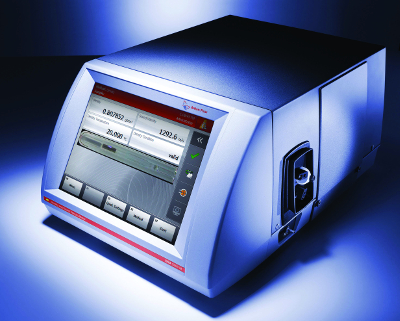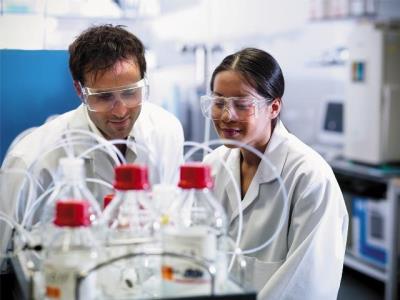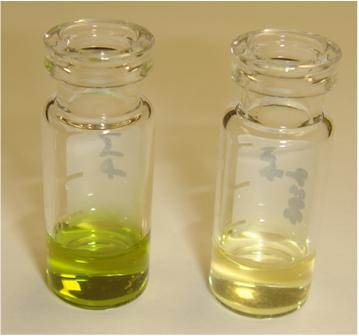Measuring Organic Carbon: A Brief History and Discussion of Methodologies
Total organic carbon (TOC) is a rapid method that analyzes for organic carbon and expresses the result as the amount of carbon found. It is a nonspecific method unable to distinguish between various organic species and indicates only that organic carbon compounds are present. TOC analyzers operate by determining the amount of total carbon in a [Read More...]



